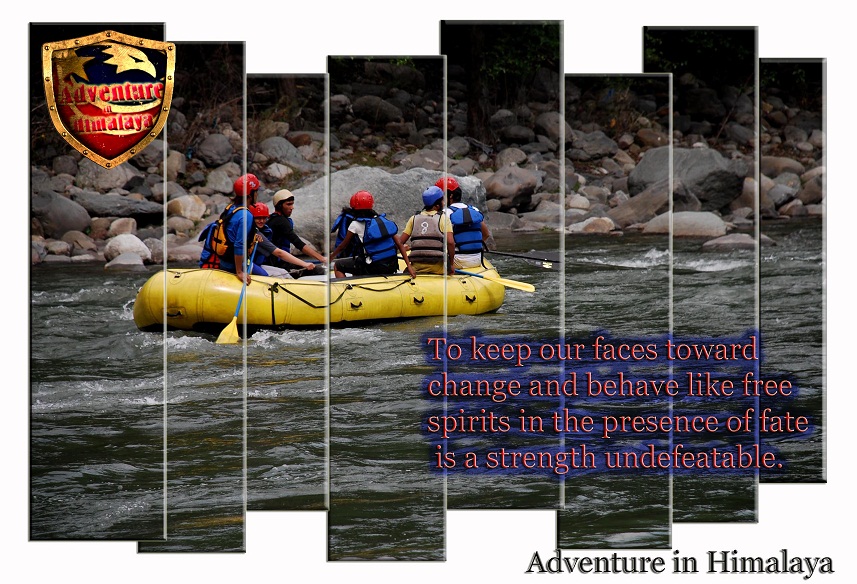Camping wastage
refers to the various types of waste generated during camping trips, which can have negative impacts on the environment if not managed properly. Here are some common types of camping wastage and tips on how to minimize them:
Single-Use Plastics: Items like water bottles, food wrappers, and plastic utensils contribute to plastic pollution. Minimize single-use plastics by bringing reusable water bottles, food containers, and utensils. Opt for products with minimal packaging or choose eco-friendly alternatives made from biodegradable materials.
Food Waste: Uneaten food scraps and leftovers contribute to waste and attract wildlife to campsites. Plan meals carefully to minimize food waste, bring reusable containers for storing leftovers, and pack out all food scraps. Consider composting organic waste if facilities are available or take it with you to dispose of properly.
Disposable Hygiene Products: Disposable items like wet wipes, sanitary pads, and diapers can accumulate in landfills and harm the environment. Choose biodegradable or reusable alternatives, such as biodegradable wipes, menstrual cups, or cloth diapers, to reduce waste.
Packaging Waste: Pre-packaged food and snacks often come with excess packaging that ends up as waste. Choose bulk or unpackaged foods whenever possible and transfer them to reusable containers. Bring reusable shopping bags for grocery trips to minimize plastic bag usage.
Firewood Waste: Improper disposal of firewood can introduce invasive species and pests to natural areas. Use locally sourced firewood to prevent the spread of pests and burn all firewood completely to ash or take it with you when leaving. Avoid transporting firewood across long distances to reduce the risk of spreading invasive species.
Personal Care Products: Toiletries like shampoo, soap, and sunscreen can contain chemicals that harm aquatic ecosystems. Choose biodegradable and environmentally friendly options for personal care products to minimize the impact on the environment.
Non-Biodegradable Waste: Items like aluminum foil, cigarette butts, and plastic bags can persist in the environment for a long time if not properly disposed of. Pack out all waste, including non-biodegradable items, and dispose of it in designated trash receptacles or recycling bins.
By being mindful of the waste generated during camping trips and taking steps to minimize it, campers can help protect the environment and preserve natural areas for future generations to enjoy.a



